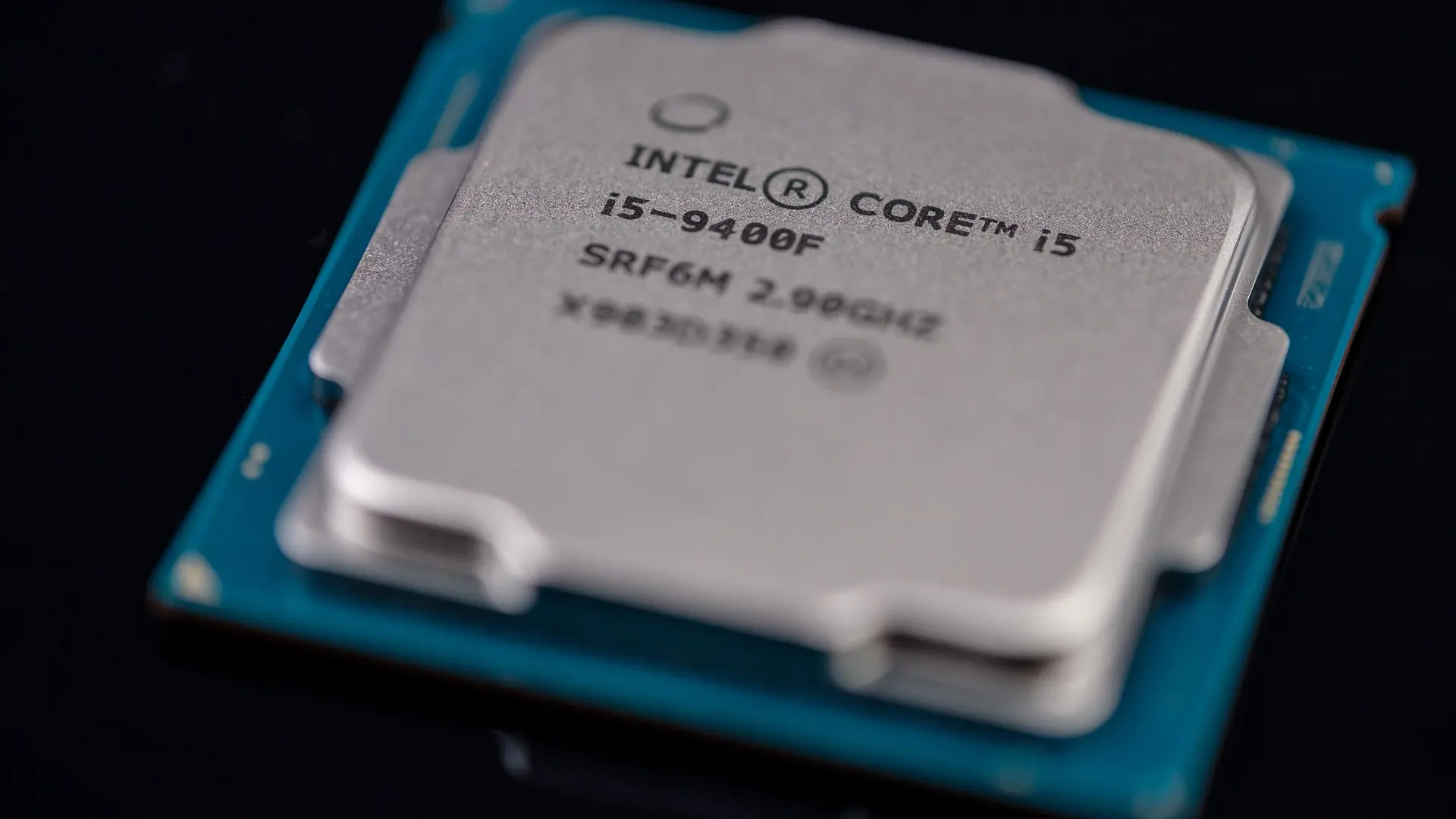Intel's AI comeback: Reclaiming its place in the race
After chipmakers NVIDIA and AMD pushed Intel behind the AI race, it's now making its comeback. Here is how the tech titan is recovering from its mistakes!
The tech landscape evolves fast, like Usain Bolt on tracks. This is why keeping up with the latest trends and market sentiment is imperative. Companies that don't innovate and adapt quickly can risk falling behind.
Take Intel, for example. Once a powerhouse in the tech industry, Intel has faced challenges in the rapidly expanding field of artificial intelligence (AI) and is now working hard to catch up with its competitors. Let's dive into how Intel missed the mark with AI and how they're bouncing back!
How Intel fell behind in the AI revolution

Intel, known for its dominance in the semiconductor industry, was slow to recognise the potential of AI and its implications for future technologies. While NVIDIA invested heavily in AI research and development, Intel focused on its core business of producing processors for PCs and servers. This tunnel vision caused Intel to fall behind in developing AI-powered technologies.
Missed "golden" opportunities
Back in 2017 and 2018, Intel had the opportunity to position itself as a leader in AI technology by investing in OpenAI, a non-profit AI startup. The stake was priced at $1 billion but then-CEO Bob Swan rejected this idea as he wasn't convinced of the potential of the generative AI market.
Instead, Intel remained focused on its traditional business model, leaving the door open for competitors to gain a foothold in the AI space. Fast forward to today, OpenAI is now sitting at a whopping $80 billion valuation with popular releases like ChatGPT, DALL-E 3, etc.
Lack of adaptation
One of Intel's critical mistakes was failing to understand market shifts. In the 2010s, the firm mainly focused on making chips for computers while the smartphone era was getting heated. So, companies like Qualcomm, Samsung and MediaTek built low-cost processors for smartphones taking the lead in this space.
Later on, the competition between chipmakers became too stiff causing Intel's shares to plummet. This month, Intel has recorded its biggest share drop with a loss of a massive $30 billion in market value.
Intel's Olympic comeback
The company has been working hard to catch up in the AI revolution and has recently made significant strides. In collaboration with the 2024 Paris Olympics and Paralympic Games, Intel has provided cutting-edge smart hardware and software solutions.
Under the banner of "AI Everywhere", Intel showcased its AI-powered applications at the grand event. Here's a glimpse of how Intel powered the 2024 Olympics:
- They used Xeon processors to enable 8k internet live streams with minimal latency.
- A unique volumetric video platform was employed to capture 3D clips of athletes, offering an immersive experience for fans.
- The Geti platform was leveraged to create captivating highlights of the games.
- Intel also leveraged AI technologies to support visually impaired individuals through a smartphone app.
Intel's innovations truly added a new dimension to the Olympic experience, demonstrating the incredible potential of AI in the world of sports
The bottom line
Intel's misstep in the AI revolution serves as a valuable lesson for tech companies to stay nimble and adaptable in the face of evolving technologies. While Intel may have fallen behind initially, the company's recent efforts to innovate and invest in AI technology show promise for a successful comeback. By learning from their mistakes and embracing the opportunities in AI, Intel can once again reclaim its status as a tech titan in the AI revolution.



